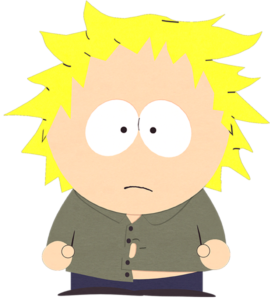Distraction, like addiction, comes in many forms. And just like addiction, the fundamental texture of distraction is wanting.
This, whatever this is, isn’t good enough for my complete attention, so give me something else and surely I’ll feel better. The greater the boredom, the greater the distraction temptation.
Increasingly, though, the temptation seems untethered to anything that can plausibly be called “boredom.” It’s more of a twitch to split my attention just ’cause, and to do so across tiny time horizons. This is not about having music on in the background for an extended study session; this is about craving to turn on the TV – to an absolutely irrelevant sporting event – while I walk to the kitchen to put dishes in the dishwasher. That chore is so minute, so quick, so easy: there can’t be true boredom in it. What it is, rather, is my mind increasingly rejecting doing one thing at once. I must listen to a podcast while changing clothes. I must open a second tab while the first one loads. I must read AND listen to music while I eat.
This all began with real fun and productivity in mind. Why stretch in silence when I can also learn about the world with a podcast? Intentional and fulfilling. But now my penchant to simultaneously combine multiple activities has expanded to places where it does not belong, where it isn’t productive nor fulfilling.
This quite negative expansion operation was made possible because the starting premise was indeed positive. And when something starts out clearly positive, you are less likely to interrogate that something’s negative children since the entire bucket has been firmly categorized as “positive.” If you start out taking drugs at a party and it’s an incredibly loving experience and What danger? The government lied to us. This is what people have been doing forever, you’re probably more likely to encounter those negative children.
As for distraction, I think much of the temptation comes from the novelty produced by switching. Even if it’s minor, it’s >0.00 novelty from turning on the TV. It is something to do that is different from what you are doing. It’s also something that is generally “fun” in a way that placing dishes in the dishwasher is not. Furthermore, there is always the chance that by opting into information you’ll witness something truly remarkable. Maybe in those thirty seconds of TV a player will be killed or you’ll see the best catch ever.
So you must confront what you are giving up. There is pleasure in doing multiple things at once, just as there is a chance that mindless scrolling will yield a breakthrough. The downside is that you will not produce your best work in the first thing you are doing. Worse still, you will often find a host of important tasks that were prematurely discarded before completion. And you truly did want to complete them.1
Deeply consider these costs.
The multiple-things-at-once bucket is only “positive” when you are actively choosing, not when you are twitchily chasing any and every distraction that appears.
